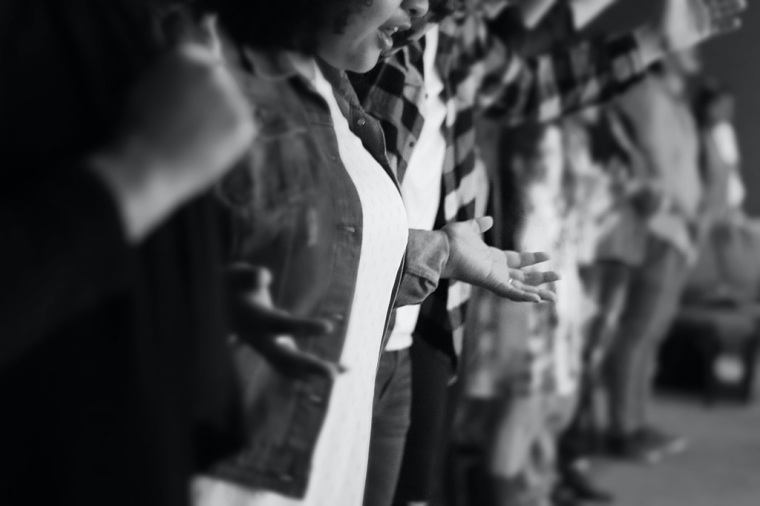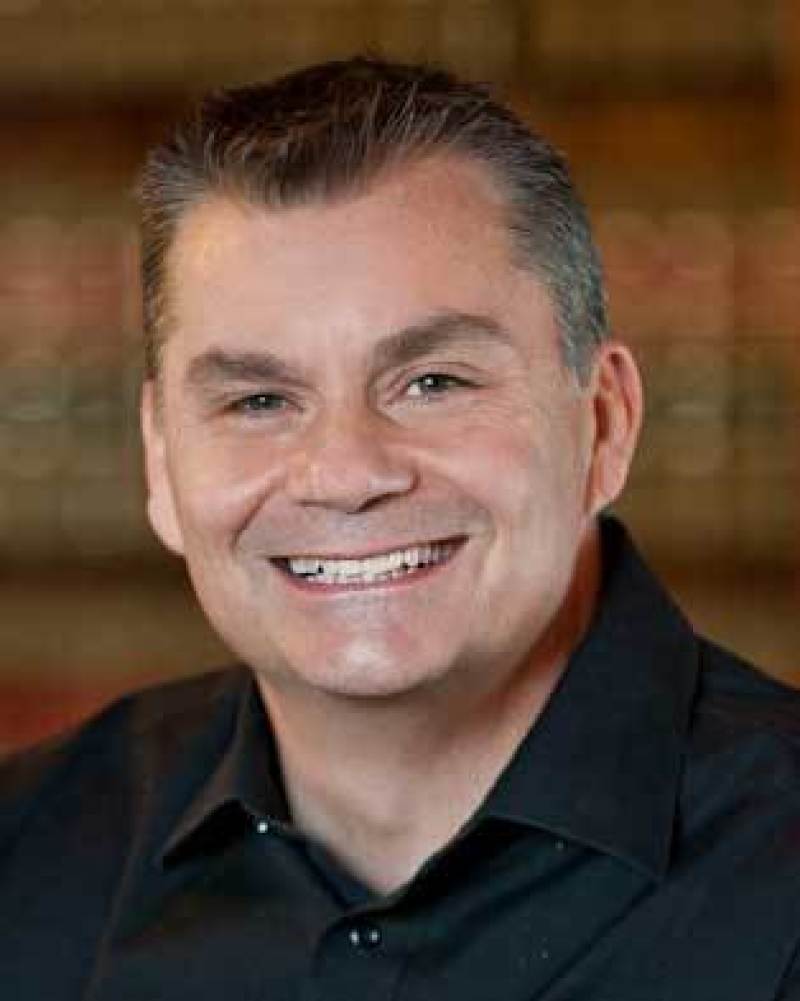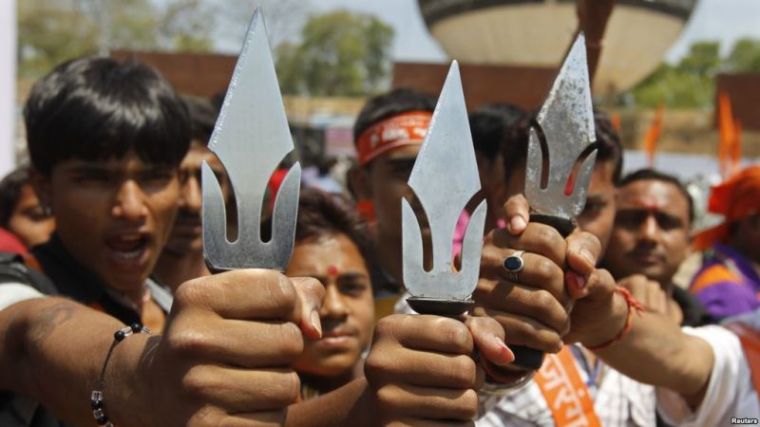2020 has been a miserable slog of a year for just about everyone. Because of that, it seems the whole world goes to bed and wakes up angry about everything.
As I was recently cleaning up a mess a tenant made outside one of our rental homes, one of the neighbors came over and began yelling at me about how the house’s trash cans weren’t positioned on the road to his liking. When I told him that I’d have the tenants change their trash can habits, he stormed back across the street, began loudly yelling at his wife about something, got into his car and gunned the vehicle down the road.
I felt sad for him because he seemed to ooze unhappiness from every pore on his body. And judging by the 2020 data we currently have, he’s not alone.
Despair as a way of life
It appears that for a lot of people today, despair is not a moment, but rather a way of life.
For example, take nearly always sunny Colorado where the consistently beautiful weather is said to brighten everyone’s day, not only on the outside but the inside as well. A recent article in the Colorado Sun, entitled On Edge, by Tina Griego and Susan Greene says that Colorado now has the third highest prevalence of mental illness among adults.
Describing the state of Coloradans, the authors use words like “panic”, “fearful”, “irritable”, “dread”, “struggling”, “anxious”, “depressed”, and “isolated”. All of these mix together to create a climate of suicide there that the experts label “deaths of despair”.
Colorado isn’t alone, of course, as the same mood permeates most of the country. That attitude has a majority of people acknowledging that, especially today, life does indeed have claws.
A three-step approach to overcoming despair
The Bible isn’t shy about disclosing the fact that life can be hard. Even Jesus admitted, “Each day has enough trouble of its own” (Matt. 6:34).
That being true, what’s a good path to follow when it comes to getting past the daily drizzle of gloom?
A good first step is to take a deep breath and get some perspective. Yes, 2020 has delivered its share of hardships, but as the Babylon Bee says:
“While we understand it hasn't been easy, we also found very few instances of Viking raids, Black Plague, famine, world war, using rotary telephones, needing to look things up in a physical dictionary, slavery, people being burned at the stake, walking miles to school, living in caves, sleeping on the ground, ice ages, Nazi holocausts, civil war, infant mortality, global floods, ethnic cleansing, using leaves as toilet paper, using leeches as medicine, using wooden mallets as an anesthetic, fighting wild saber-tooth tigers, cannibalism, occupation by the Persian Empire...”
That said, plenty of people this year have lost loved ones, jobs, etc. So, perspective is good, but let’s be honest: it doesn’t deliver much comfort when you’re hurting in the present. It’s as Solomon said: “Like one who takes off a garment on a cold day, or like vinegar on soda, is one who sings songs to a troubled heart” (Prov. 25:20).
But what does provide comfort is the constant reminder we see in Scripture about the sovereignty of God.
Sparrows don’t fall to the ground without His notice nor does Satan go one link farther on his chain than God allows. Scripture is crystal clear on this topic.
The Bible is also upfront about the fact that, while we’re asked to keep at least a six-feet space between each other at the moment to help stop the spread of COVID-19, God doesn’t maintain a social distance. Jesus put Himself on a cross, which tells me that God does not remain far-off when it comes to our pain and suffering.
Hardships always come but Romans 8:28 tells us He uses those situations for good. There’s no question that process involves mystery, but as Charles Haddon Spurgeon once said: “God is too good to be unkind and He is too wise to be mistaken. And when we cannot trace His hand, we must trust His heart.”
Lastly, there’s one sure fire way of getting past any personal despair you may be feeling.
A very experienced psychiatrist was once asked what he would do if he felt the presence of an oncoming depression. He surprised his questioner by saying, “I would find someone who is hurting and needs assistance more than I do, and I would help them.”
This is a dimension of doing-unto-others that you don’t hear often, but it’s one to which even secular psychologists are admitting. Tina Griego and Susan Greene’s article on the despair being experienced in Colorado ends with the same acknowledgement: “At least for now, still in the thick of it, our surest safety nets may be each other.”
So yes, life has claws. But as Christian apologist John Lennox points out in an interview, those claws only go so deep because of our, “relationship with Christ, through trusting Him and His death and particularly His resurrection. COVID-19 can’t touch that. I mean that quite sincerely. I might die of COVID-19 on a shopping trip. I might catch it, and because of underlying health problems, it would probably kill me. But what helps me to face it – not understand it all, not solve all the problems – but what helps me face it is the confidence that I have a relationship that actually transcends death.
And this is a very big thing.”
Source






